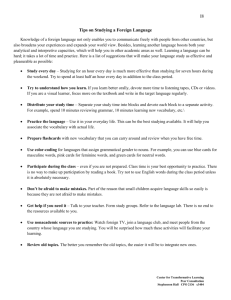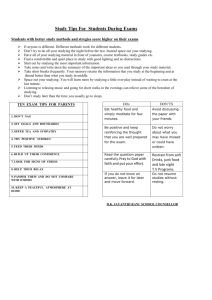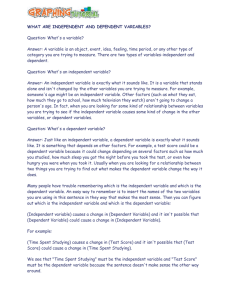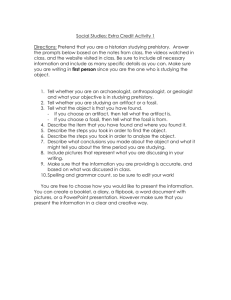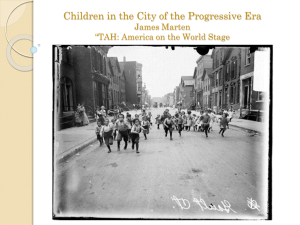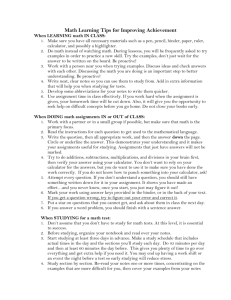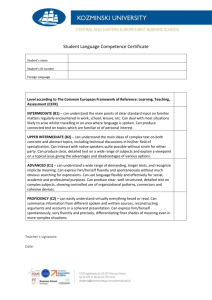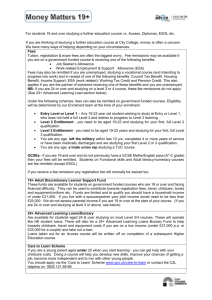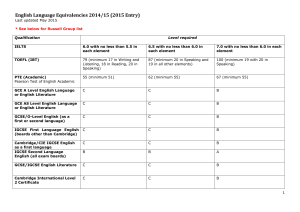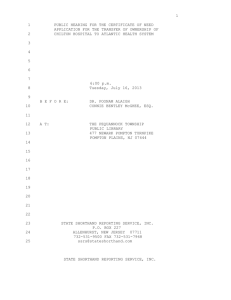EAL Policy Handbook - Chilton Cantelo School
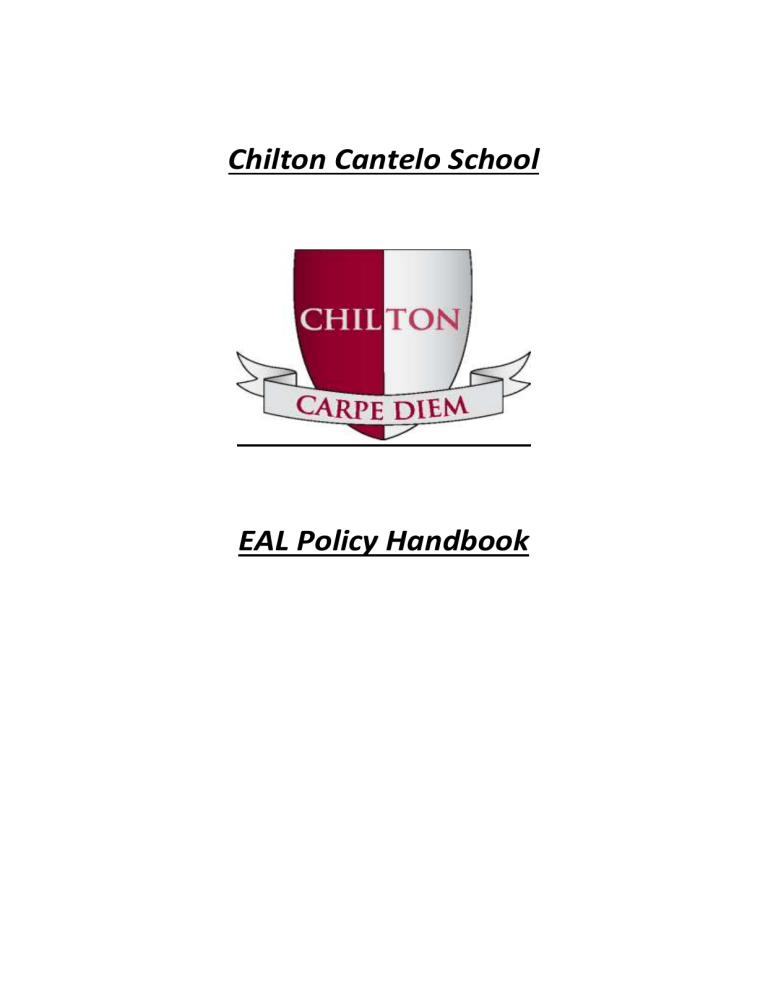
Chilton Cantelo School
EAL Policy Handbook
Contents
Introduction
Aims
International Student expected Levels
Studying in Year 7- 10
Studying in Year 10-11
Studying in Year 12-13
Assessments
Reporting
Parents and Guardians
The Common European Framework of Reference for Languages
Cambridge International courses
Introduction
At Chilton Cantelo School 5% of our students are international and come from a variety of countries including Russia, Spain, China, Germany, Brazil and Chile. Students interact and learn in classes using the medium of English. We ensure that there are no dominant numbers of any oversea nationalities.
Support is flexible and is adapted to a student’s individual needs.
Aims
For students to fully integrate with their peers and teachers using English to the best of their ability in and outside the classroom.
To take advantage of and be fully immersed in school activities including house events.
To enable students to cope with culture and curriculum integration.
Teachers deliver lessons that are purposeful, meaningful, engaging student interests.
To support students using the school’s support system in other subject areas, when necessary.
To help students become confident and fluent in reading and writing, speaking and listening in
English in order to be able to fulfil their academic potential.
To identify student strengths and encourage the transfer of knowledge, skill and understanding of one language to another.
International Student Expected Levels
In years 7, 8, 9 and 10 students should are at, or working towards level B1 or higher.
In years 11, 12 and 13 students should are at, or working towards Level B2 or higher
Studying In Years 7-10 (B1)
Students follow a full and inclusive school timetable with lessons of EAL instruction and in class support as required.
Studying in Years 10-11 (B2)
Students receive IGCSE Second Language tuition leading to examination in Year 11
Studying in Years 12-13 (B2-C1)
Students study towards IELTS examination
Assessments in English
Formative
Students are assessed formatively for each main objective taught and learning is assessed by teachers to inform planning for student development and progression in English.
Summative
Students are examined at the end of the school year for the school’s records and externally examined in year 11 at IGCSE level in and IELTS in year 13
Reporting
All reporting is in line with the school’s reporting system.
Parents and Guardians
Parents and Guardians are expected to attend all parent evenings in line with the school’s expectations and are encouraged to contact the school at any time to discuss or arrange to meet teachers about student’s welfare and education.
The Common European Framework of Reference for Languages
The Common European Framework of Reference for Languages: Learning, Teaching, Assessment, abbreviated as CEFR or CEF, is a guideline used to describe achievements of learners of foreign languages across Europe and, increasingly, in other countries. What follows is a very brief descriptor of these levels.
C2
“Students at this level understand with ease virtually everything heard or read and summarise information from different spoken and written sources, reconstructing arguments and accounts in a coherent presentation. Can express him/herself spontaneously, very fluently and precisely, differentiating finer shades of proficient meaning even in more complex situations.”
C1
“At this level, students understand a wide range of demanding, longer texts, and recognise implicit meaning. They can express themselves fluently and spontaneously without much obvious searching for expressions. Students can use language flexibly and effectively for social and academic purposes.
They can produce clear, well-structured, detailed text on complex subjects, showing controlled use of organisational patterns, connectors and cohesive devices.”
B2
“Students at this level understand the main ideas of complex text on both concrete and abstract topics. Students can interact with a degree of fluency and spontaneity that makes regular interaction with native speakers quite possible without strain for either party. Students can produce clear, detailed text on a range of subjects and explain a viewpoint on a topical issue giving the advantages and Independent disadvantages of various options.”
B1
“At this level, students understand the main points of clear standard input on familiar matters regularly encountered in school, leisure, etc. Students can produce connected text on topics which are familiar or of personal interest. They can describe experiences and events, dreams, hopes and ambitions and give reasons and explanations for opinions and plans.”
Cambridge International courses
Preliminary English Test (PET) B1. This course is studied in year 7-8 (9)
First Certificate English Test (FCE) B2. This course is studied in 9-11
IGCSE English as a Second Language B2 studied in years 10-11 in conjunction with FCE


